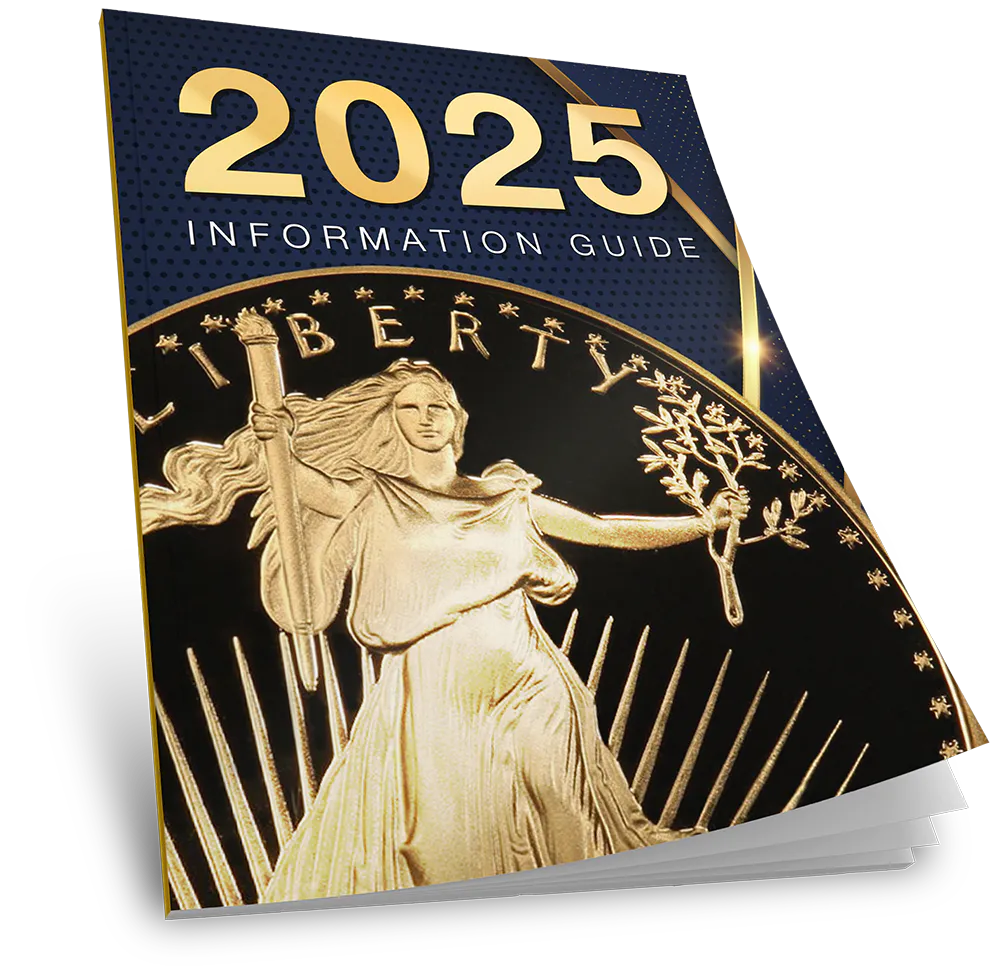Kamala Economic Agenda Raises Red Flags
As Kamala Harris emerges as a presumed candidate for President, her potential economic policies are under intense scrutiny. Economists are closely examining what her presidency could mean for the economy, especially regarding retirement savings. While Harris promises hope and relief for working families, some critics, including The Washington Post Editorial Board, have labeled her agenda a “populist gimmick.” With a platform heavily focused on taxes and regulations, a Harris administration could pose significant challenges for retirement savers.
Increased Regulations & Taxes
Economists expect a Harris administration to usher in increased regulation, which could raise expenses for many companies. Sidney Curry, certified financial instructor and president of BCH Holdings issued a warning. He said, “A Harris administration would continue to focus on regulation, which will increase expenses for many companies. That could increase prices for consumers, as companies tend to pass on increased costs by raising prices. This could decrease your buying power both now and in retirement, forcing you to spend more money for goods and services such as gas, oil, and energy.”1
Real estate investments could also be affected by Harris’s support for rent stabilization laws. And proposed higher taxes on corporations and high-income individuals may offset any gains in 401(k) accounts. The Biden-Harris White House has proposed raising the corporate tax rate from 21% to 28%. A move that could impact stock prices and reduce the profitability of retirement investments. For high earners, higher income taxes could lead to reduced 401(k) contributions. And increased capital gains taxes could further eat into 401(k) distributions in retirement.
Social Security and Medicare
Many Americans are concerned about the solvency of Social Security. Some estimates suggest that the reserve will be depleted by 2035. Harris has committed to retaining and expanding the program. Harris also supports expanding Medicare, potentially eliminating the need for private insurance. Achieving these goals would demand steep new taxes on high-income individuals, which could further strain retirement savings.
Tax Policy and Wealth Management
Wealthy retirees should prepare for the possibility of losing Trump-era tax breaks under a Harris administration. Much of Trump’s 2017 tax overhaul is set to expire in 2025. Harris is expected to allow these changes to sunset. The personal income tax rate would increase to 39.6% for individuals earning above $400,000. While Harris has pledged not to raise taxes on households earning under $400,000, the expiration of these tax breaks could still significantly impact wealthier retirees.2
Additionally, Harris may fulfill Biden’s plan to increase taxes on capital gains and dividends. They’d tax these gains as regular income for high-net-worth individuals. Since retirees often make a substantial portion of their income from capital gains, this policy could lead to higher tax bills. Furthermore, Harris has expressed support for raising estate taxes on the wealthy to pay for her pet projects.
Price Controls and Regulation
Harris has promised to combat inflation. She attributes it to corporate greed and unchecked market power, not the trillions in government spending by the Biden administration. She proposes a federal ban on price gouging for essential goods like food and groceries. However, critics argue that such measures could lead to shortages. Companies may choose not to supply goods if prices are capped. Kevin O’Leary of Shark Tank has harshly criticized these proposals, stating, “First, they tried that in Venezuela, Cuba, North Korea, the USSR. No, that’s not going to work.”3
 4
In addition to price controls, Harris aims to address shortages in the housing market. She wants to encourage the construction of starter homes and affordable rental units through tax incentives. However, some economists warn that her proposed $25,000 first-time homebuyer subsidy could inadvertently drive-up home prices, negating the benefits of increased supply.
Middle-Class Tax Relief
Harris is trying to garner middle class support with promises of lowering their tax burden. She supports restoring the expanded child tax credit of $3,600 per child, which expired in 2022. Harris proposed a new $6,000 child tax credit for families with a newborn. Experts caution that they must be carefully funded to avoid adding to the national debt and risking further inflation. As Mark Zandi of Moody’s Analytics emphasizes, “I don’t think you can do anything without it being paid for. That would be counterproductive.”5
Conclusion
A Harris presidency could have severe consequences for those preparing to retire. Her ‘economic justice’ agenda could amount to many unfunded government giveaways. Increasing inflation, recession, and skyrocketing deficits are all plausible destinations on her road paved with good intentions. Advisors suggest now, before the election, is a good time to protect the value of your retirement funds from the impact of a Harris agenda. A Gold IRA can safeguard the value of your funds now and through the duration of a Harris administration. Contact us today at 800-462-0071 to learn more.
4
In addition to price controls, Harris aims to address shortages in the housing market. She wants to encourage the construction of starter homes and affordable rental units through tax incentives. However, some economists warn that her proposed $25,000 first-time homebuyer subsidy could inadvertently drive-up home prices, negating the benefits of increased supply.
Middle-Class Tax Relief
Harris is trying to garner middle class support with promises of lowering their tax burden. She supports restoring the expanded child tax credit of $3,600 per child, which expired in 2022. Harris proposed a new $6,000 child tax credit for families with a newborn. Experts caution that they must be carefully funded to avoid adding to the national debt and risking further inflation. As Mark Zandi of Moody’s Analytics emphasizes, “I don’t think you can do anything without it being paid for. That would be counterproductive.”5
Conclusion
A Harris presidency could have severe consequences for those preparing to retire. Her ‘economic justice’ agenda could amount to many unfunded government giveaways. Increasing inflation, recession, and skyrocketing deficits are all plausible destinations on her road paved with good intentions. Advisors suggest now, before the election, is a good time to protect the value of your retirement funds from the impact of a Harris agenda. A Gold IRA can safeguard the value of your funds now and through the duration of a Harris administration. Contact us today at 800-462-0071 to learn more.
 4
In addition to price controls, Harris aims to address shortages in the housing market. She wants to encourage the construction of starter homes and affordable rental units through tax incentives. However, some economists warn that her proposed $25,000 first-time homebuyer subsidy could inadvertently drive-up home prices, negating the benefits of increased supply.
Middle-Class Tax Relief
Harris is trying to garner middle class support with promises of lowering their tax burden. She supports restoring the expanded child tax credit of $3,600 per child, which expired in 2022. Harris proposed a new $6,000 child tax credit for families with a newborn. Experts caution that they must be carefully funded to avoid adding to the national debt and risking further inflation. As Mark Zandi of Moody’s Analytics emphasizes, “I don’t think you can do anything without it being paid for. That would be counterproductive.”5
Conclusion
A Harris presidency could have severe consequences for those preparing to retire. Her ‘economic justice’ agenda could amount to many unfunded government giveaways. Increasing inflation, recession, and skyrocketing deficits are all plausible destinations on her road paved with good intentions. Advisors suggest now, before the election, is a good time to protect the value of your retirement funds from the impact of a Harris agenda. A Gold IRA can safeguard the value of your funds now and through the duration of a Harris administration. Contact us today at 800-462-0071 to learn more.
4
In addition to price controls, Harris aims to address shortages in the housing market. She wants to encourage the construction of starter homes and affordable rental units through tax incentives. However, some economists warn that her proposed $25,000 first-time homebuyer subsidy could inadvertently drive-up home prices, negating the benefits of increased supply.
Middle-Class Tax Relief
Harris is trying to garner middle class support with promises of lowering their tax burden. She supports restoring the expanded child tax credit of $3,600 per child, which expired in 2022. Harris proposed a new $6,000 child tax credit for families with a newborn. Experts caution that they must be carefully funded to avoid adding to the national debt and risking further inflation. As Mark Zandi of Moody’s Analytics emphasizes, “I don’t think you can do anything without it being paid for. That would be counterproductive.”5
Conclusion
A Harris presidency could have severe consequences for those preparing to retire. Her ‘economic justice’ agenda could amount to many unfunded government giveaways. Increasing inflation, recession, and skyrocketing deficits are all plausible destinations on her road paved with good intentions. Advisors suggest now, before the election, is a good time to protect the value of your retirement funds from the impact of a Harris agenda. A Gold IRA can safeguard the value of your funds now and through the duration of a Harris administration. Contact us today at 800-462-0071 to learn more.







